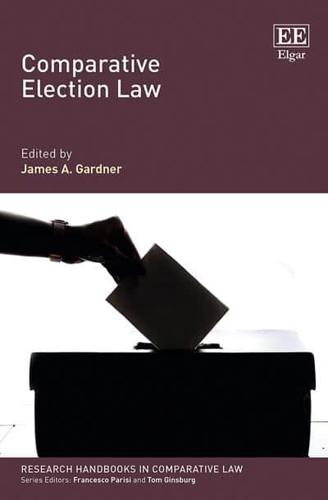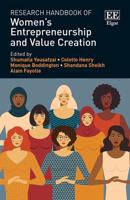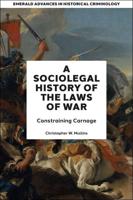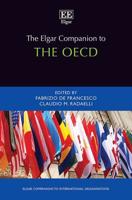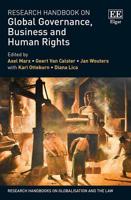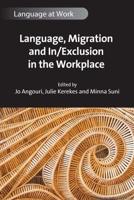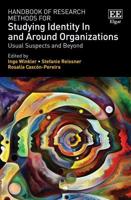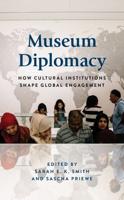Publisher's Synopsis
This timely Research Handbook offers a systematic and comprehensive examination of the election laws of democratic nations. Through a study of a range of different regimes of election law, it illuminates the disparate choices that societies have made concerning the benefits they wish their democratic institutions to provide, the means by which such benefits are to be delivered, and the underlying values, commitments, and conceptions of democratic self-rule that inform these choices.
Comparative Election Law features a wide scope of coverage, from distribution of the franchise, to candidate qualifications, to campaign speech and finance, to election administration, and more. Contributions from a range of expert scholars in the field are brought together to tackle difficult problems surrounding the definition of the democratic demos, as well as to lay bare important disjunctions between democratic ideals and feasible democratic regimes in practice. Furthermore, a comparative approach is also taken to examine democratic regimes at a theoretical as well as a descriptive level.
Featuring key research in a vitally important area, this Research Handbook will be crucial reading for academics and students in a range of fields including comparative law, legal theory, political science, political theory and democracy. It will also be useful to politicians and government officials engaged in election regulation, due to its excellent perspective on the range of regulatory options and how to evaluate them.
